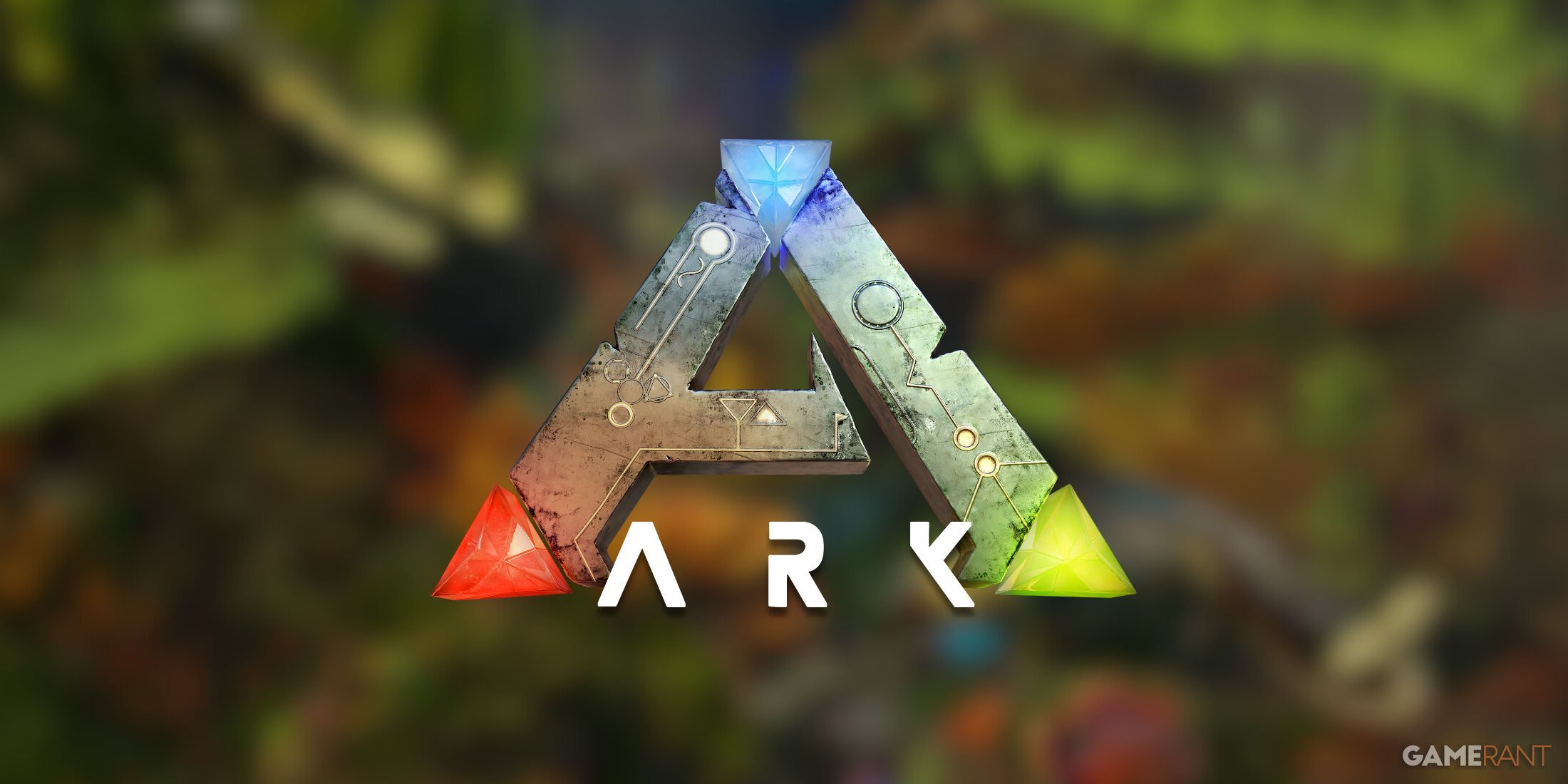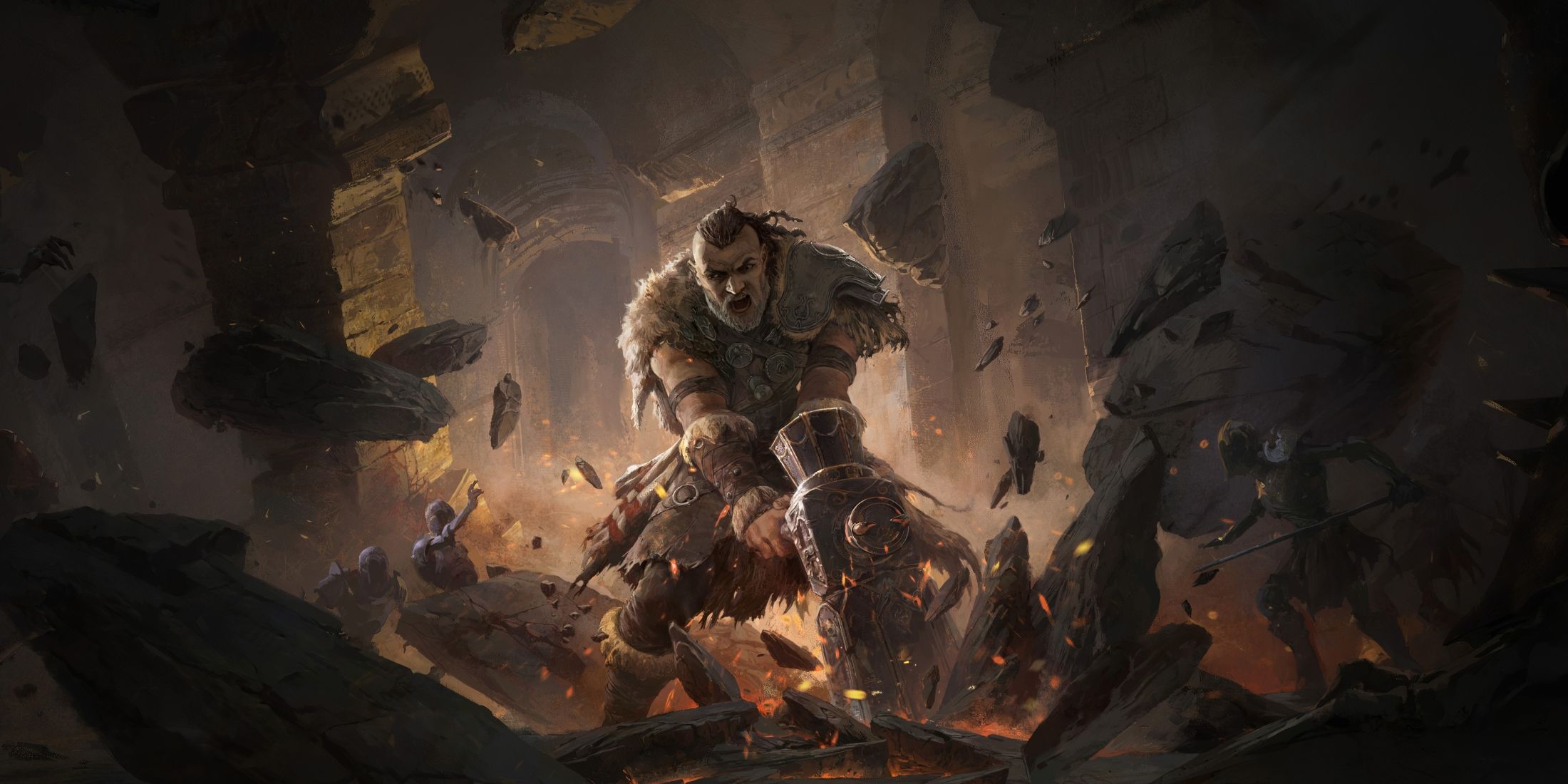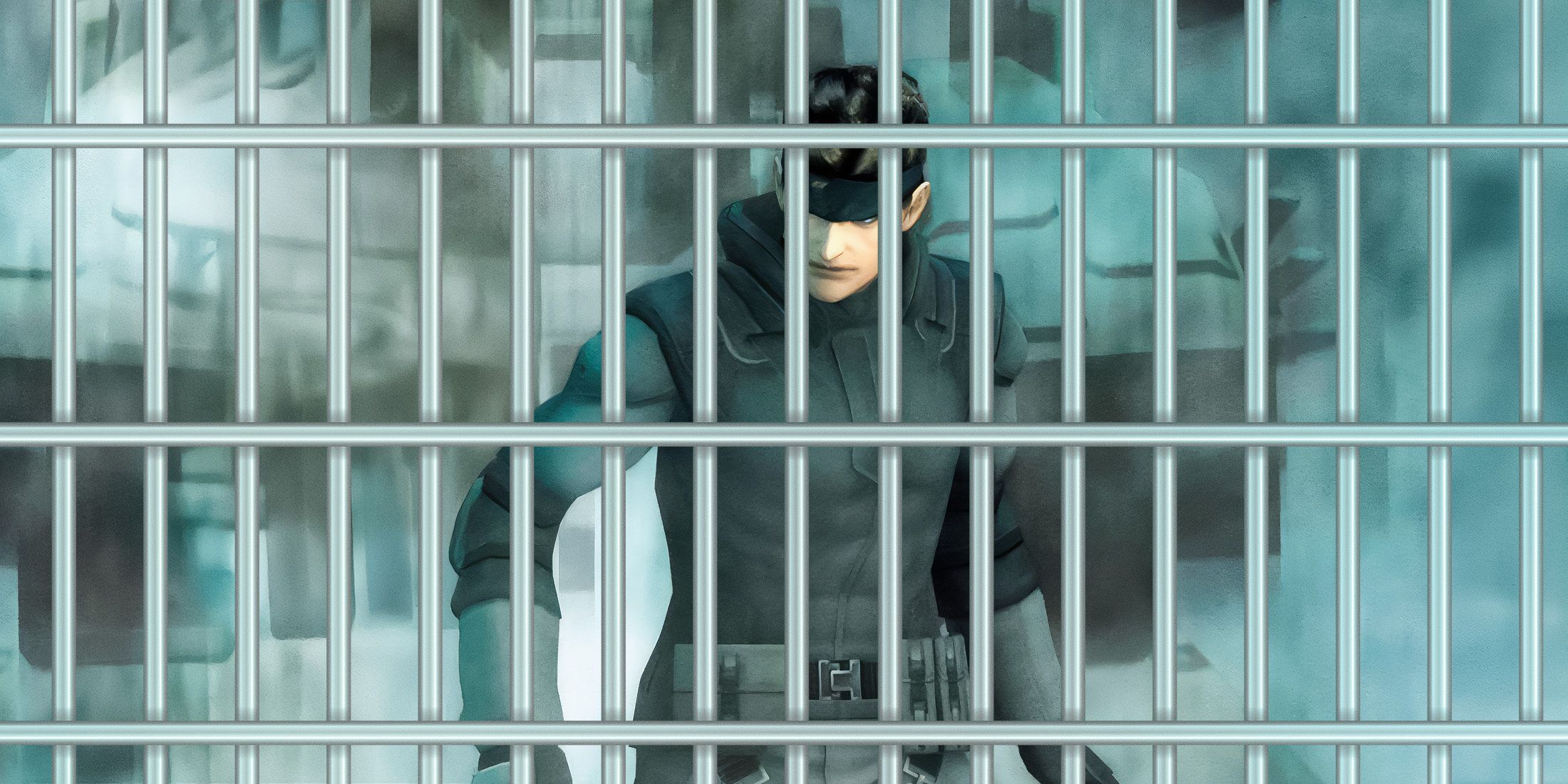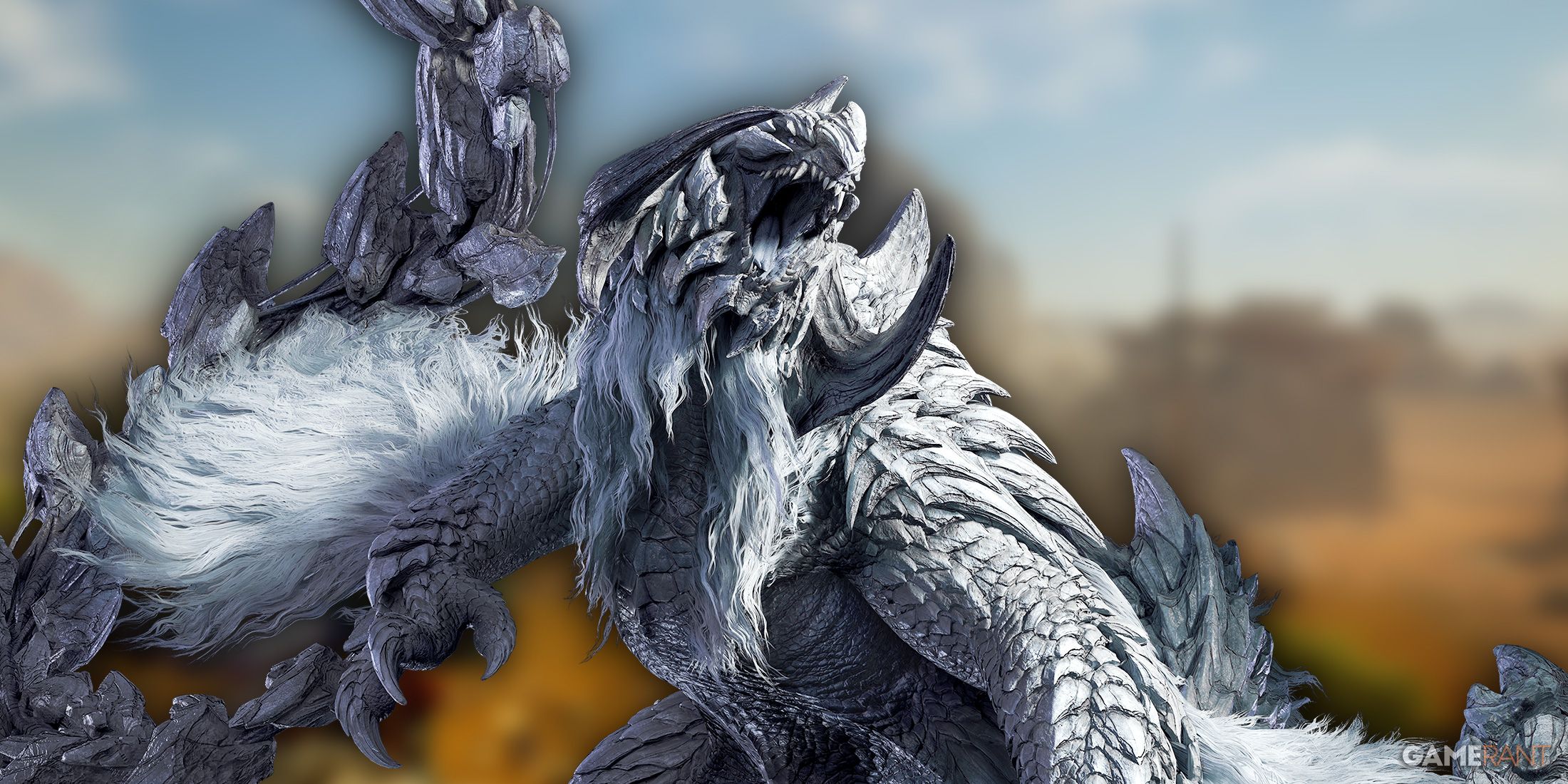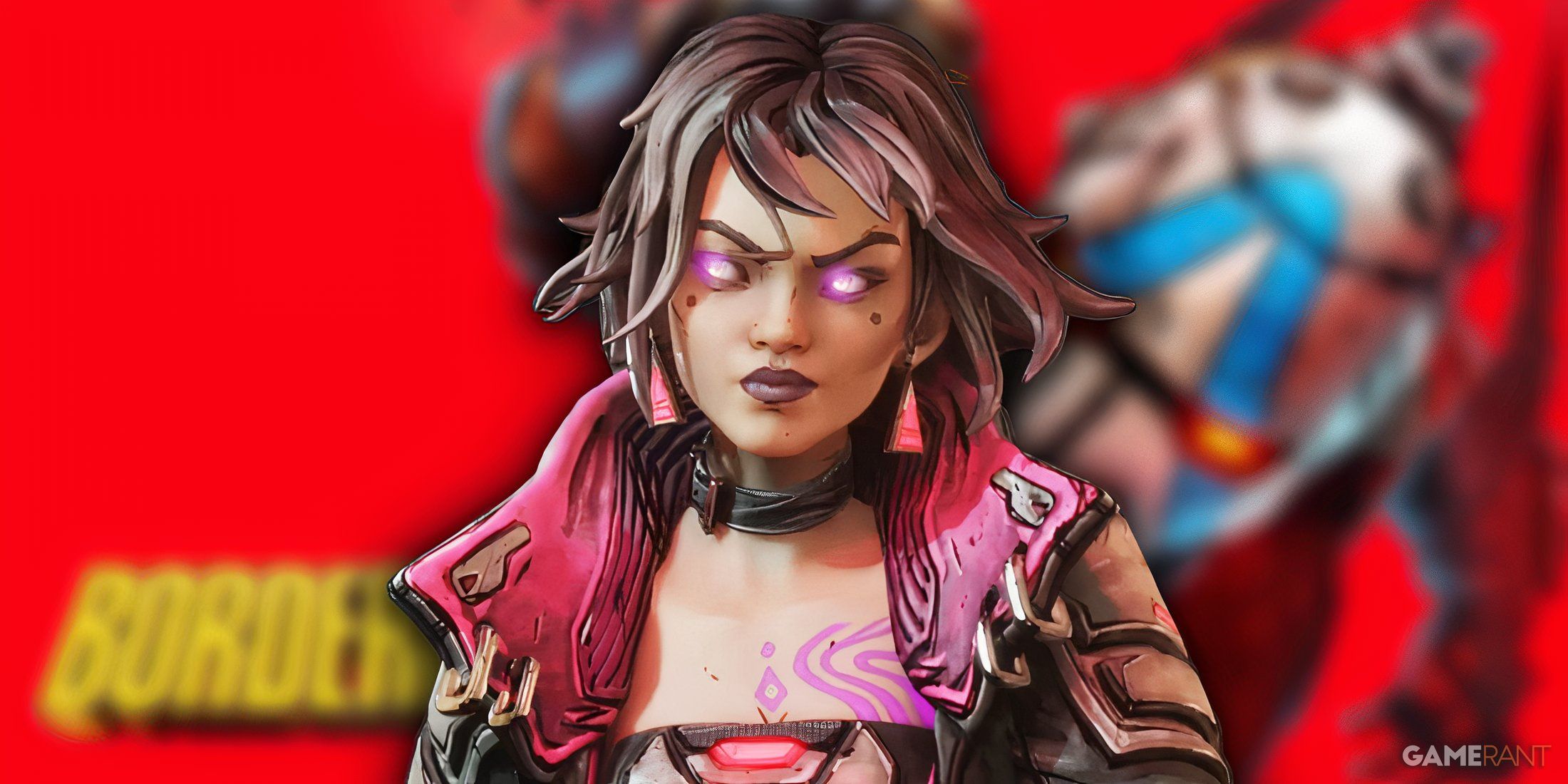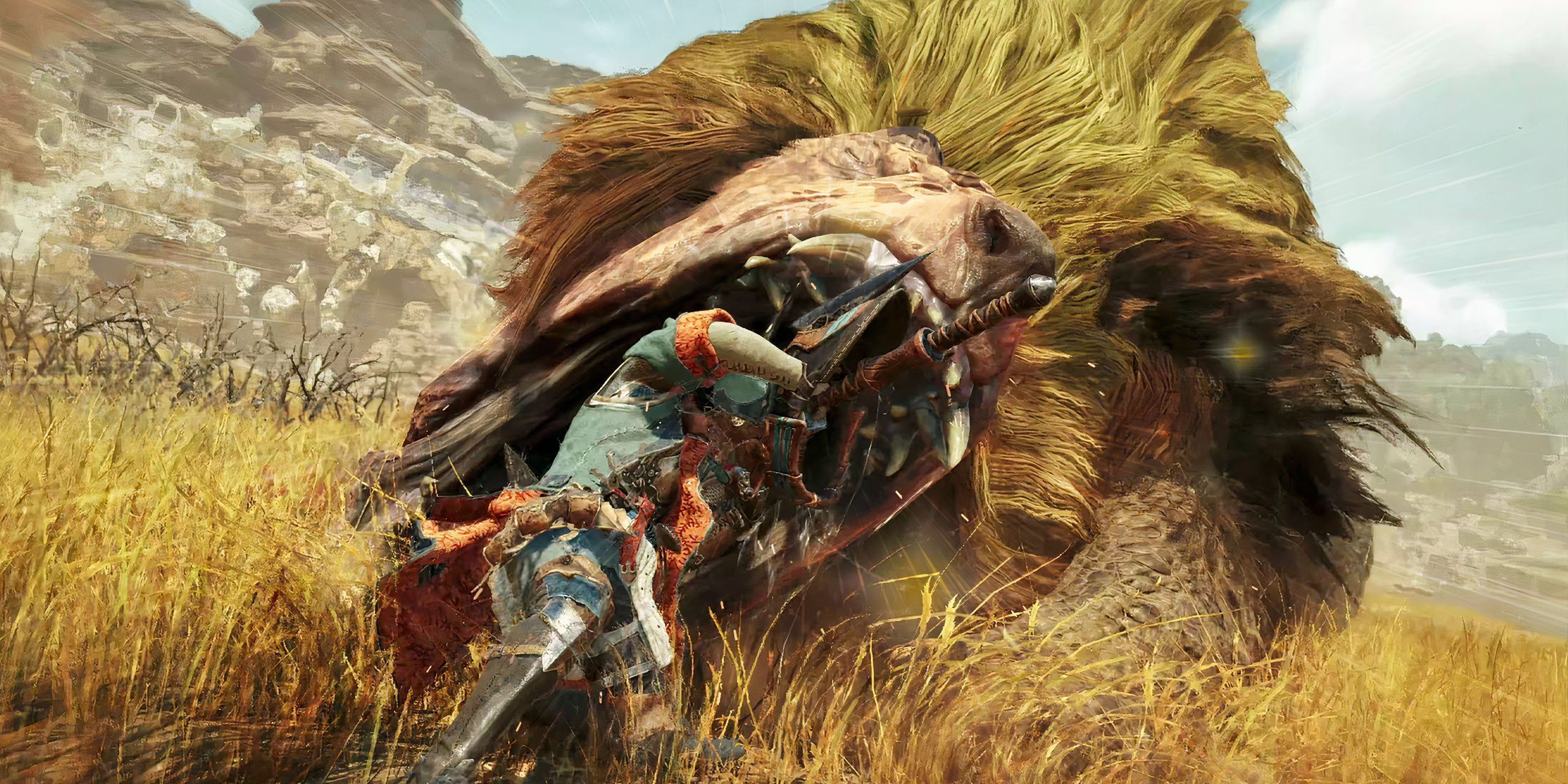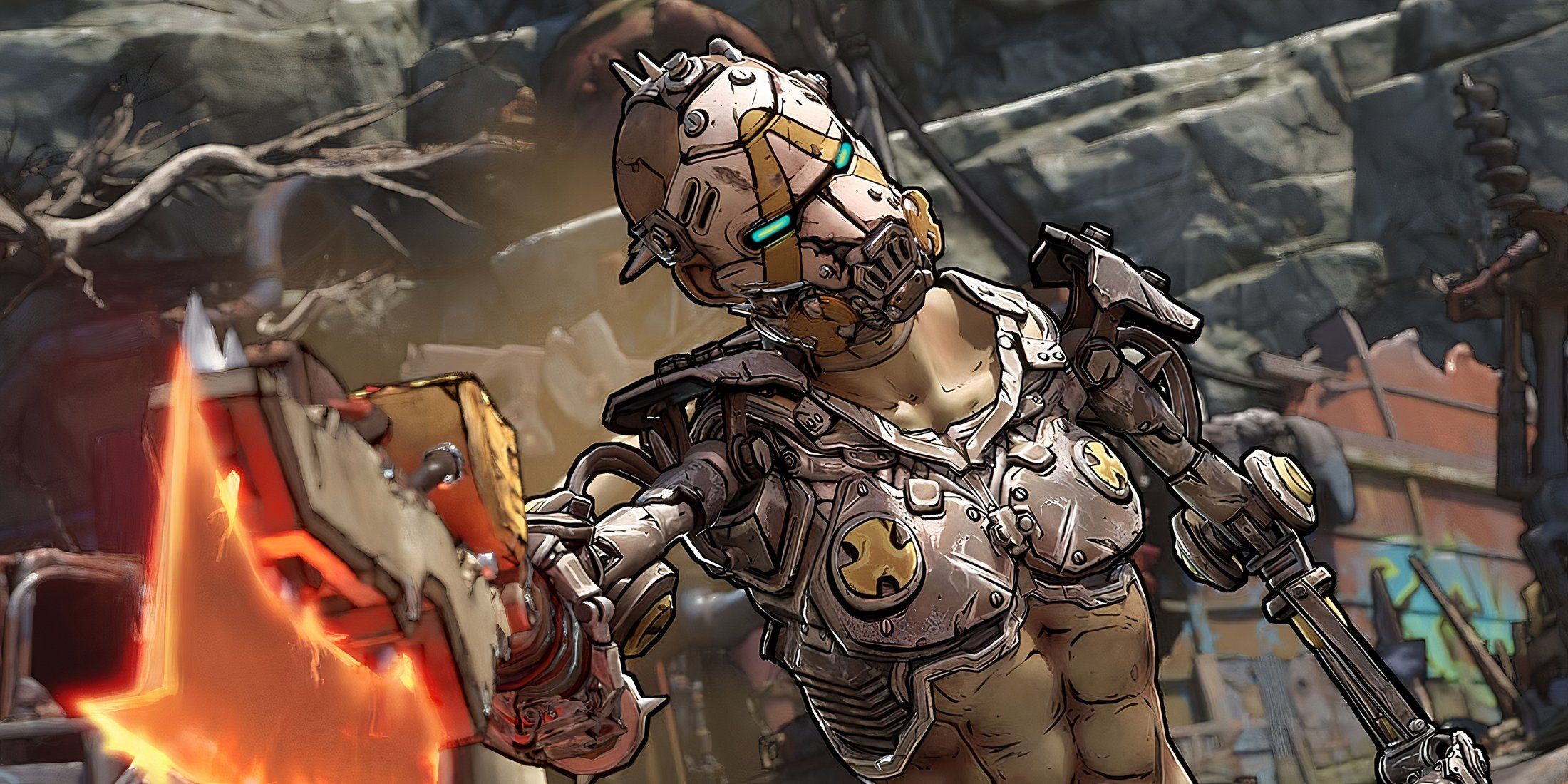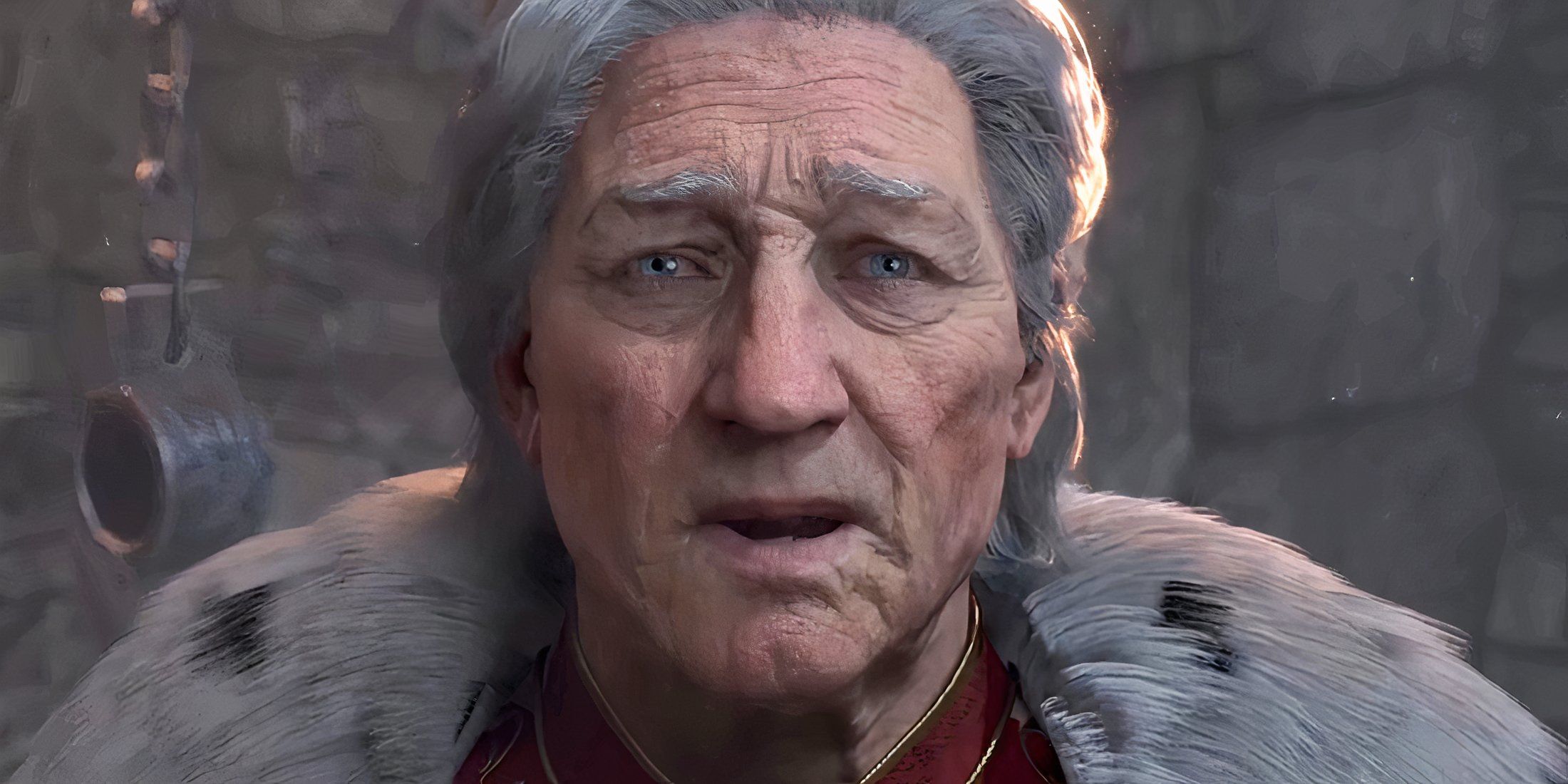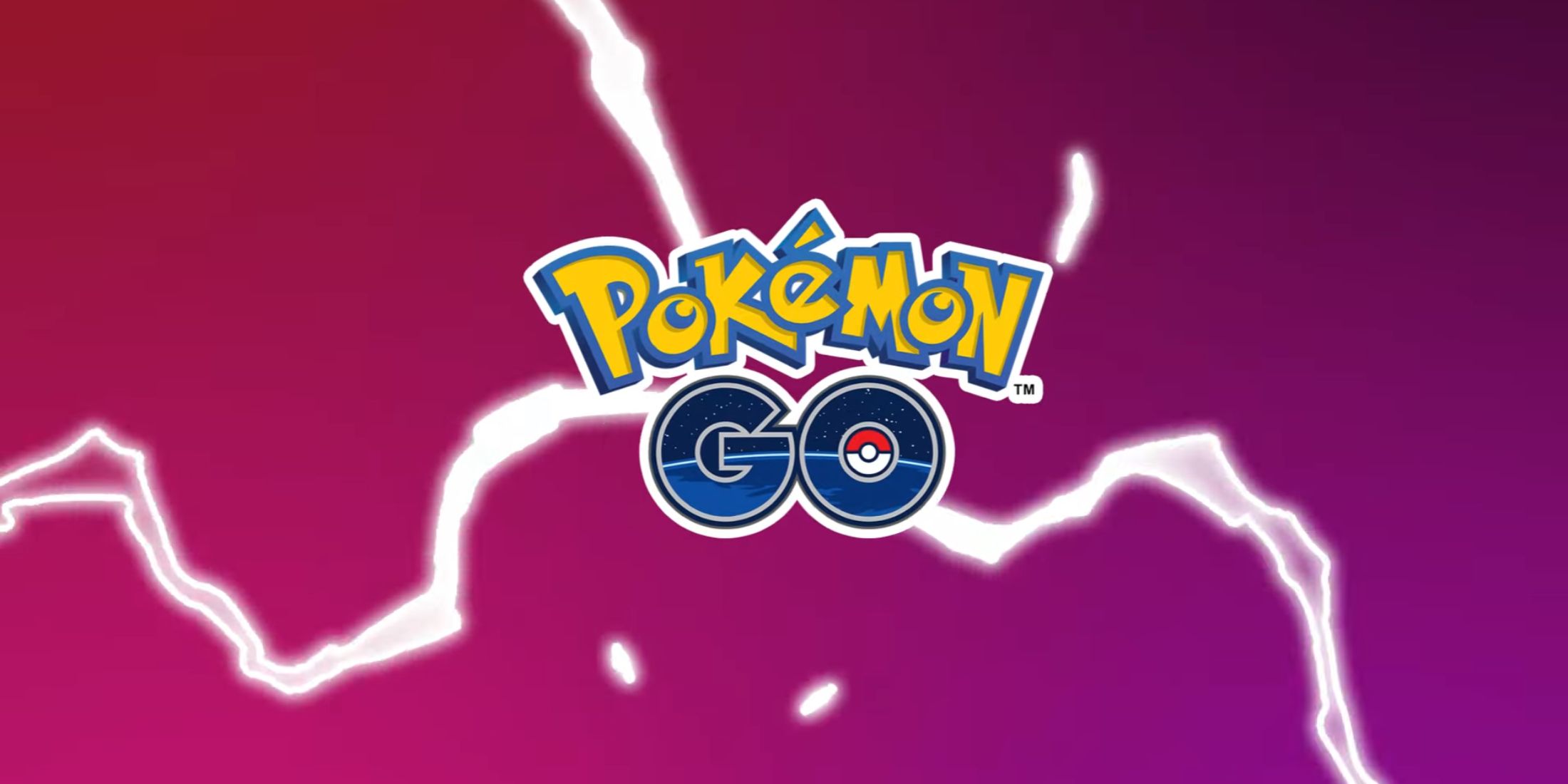
“Every single culture throughout history, at every single point, has stories about animals in which the animals are anthropomorphized,” tabletop game designer Jay Dragon says. With some 20-sided dice and improv, anyone can make these stories interactive, and many are working hard to do just that. These Lilliputian games have been blossoming in the tabletop role-playing and board game communities for over a decade, but especially in the past three years. It’s not just players’ love (or hate) of the Warrior Cats book series that’s giving the genre new life. The cottagecore optimism of Lilliputian games—their creative but familiar settings, the ability to build more inclusive games or hide complex mechanics via woodland cuteness—has hooked players and kept them returning to the table.
In summer and fall of 2020, the cottagecore movement burst into the public consciousness with its cozy and idyllic depictions of a less industrialized life. Cottagecore gaming has grown in popularity during the pandemic era, seen by sims like Stardew Valley, Untitled Goose Game, and The Sims 4’s newest expansion, Cottage Living. Cottagecore isn’t just escapist, it provides players a way to imagine a better future: one in which we’re more in touch with nature, the seasons, and each other instead of productivity goals. Cottagecore looks forward, using the aesthetics and nostalgia of past eras to right present-day wrongs, just like the solarpunk aesthetic, or the Lilliputian genre of talking animals. This period of pandemic reflection has only given us more time to imagine a better world.
When gamemaster Brennan Lee Mulligan researched the children’s book The Wind in the Willows and Beatrix Potter’s Peter Rabbit tales while planning for his Lilliputian tabletop campaign Mice & Murder, he learned that 19th century talking animal media was responding to the industrialization and alienation of the era it was written in. “People were being choked by factory smog and wanted to go out with a quaint English picnic,” he says. Urbanization and the rigid workday trapped people in buildings with an “abundance of strangers,” separating citizens from their communities, neighbors, and nature. Smoked-out skies and claustrophobic isolation were so 1891, but they’re unfortunately also so 2021. Thankfully, so can playing a game where your main objective is sharing a tea cup with Frog and Toad.
Besides the current overlapping public health and climate crises, tabletop gaming is also reckoning with racial representations and violence in games, topics Lilliputian games can approach in new ways. Playing pacifist dogs in a community-building game feels different, because the driving force is not human vs. human violence or consideration of racial “attributes” and “traits.” Lilliputian games are bringing people together across a table, or video call, while remaining as comforting and familiar as a trip to the dog park. This year, more than ever, is shaping up to be one of talking rats, thumbtack swords, and making entire meals out of feta cheese crumbles, both in and out of gaming.
A Lilliputian YearSmall, shrunken worlds have made major appearances in all forms in 2021: When the second season of Hulu’s Solar Opposites was released on March 26, the most praise was given not to the show’s animation or characters but to a C-plot called the “Wall,” which follows a community of shrunken-down humans living off candy and mice milk. This year began with the viral premiere of a crowdsourced Ratatouille musical. February followed with Netflix announcing a Redwall adaptation for television, and March ended with an announcement that CollegeHumor’s streaming service Dropout’s next Dimension 20 tabletop role-playing series would be themed around mice and murder.
More From Games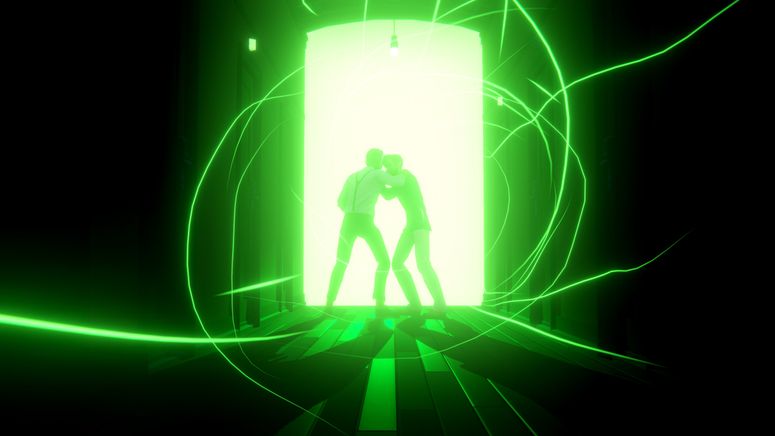 london callingLast Stop Is a Playable Love Letter to LondonLewis Gordon
london callingLast Stop Is a Playable Love Letter to LondonLewis Gordon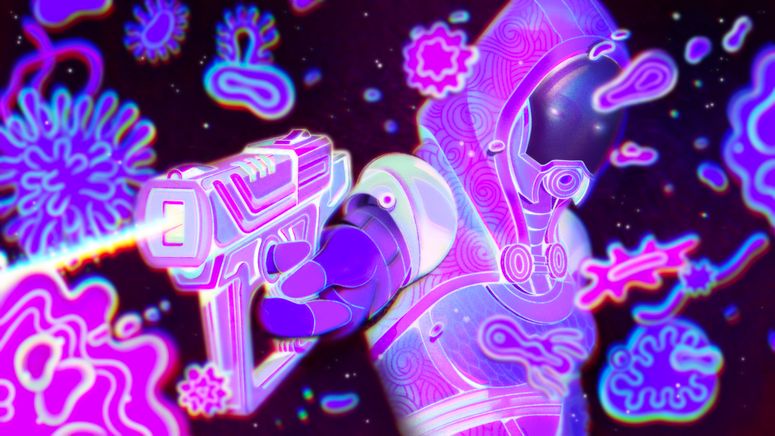 safe spaceMass Effect Is Kind of a Utopia for the Chronically IllEirik Gumeny
safe spaceMass Effect Is Kind of a Utopia for the Chronically IllEirik Gumeny lace upThe Joy of Walking in GamesAmy Briscoe
lace upThe Joy of Walking in GamesAmy BriscoeThroughout 2021, five major Lilliputian games or expansions have been announced or released: Jay Dragon’s Wanderhome, the mousey Squeaks in the Deep, a Humblewood lorebook called Humblewood Tales, Root: The RPG, a TTRPG set in the world of the wargame Root, and a collection of adventures in the Mausritter game. All five were financed through the backing of thousands of excited players via Kickstarter campaigns. There’s a lot to take in from past Lilliputian games as well, from the “swords and whiskers” games of Mausritter and Mouse Guard to lighter fare like Michtim and Squirrel Attack! to the engine-building board games of Everdell and Root. Sharpen those thumbtacks and queue up the heartwarming Fantastic Mr. Fox soundtrack ("Kristofferson's Theme," anyone?), there’s never been a better time to try out being tiny in games.
The genre’s ascent was spurned by many small developers and still surprises most of the designers behind it. Although there were Lilliputian games around in the 2010s (Mouse Guard, Mice and Mystics), 2018 featured the double-whammy release of Everdell and Root, both of which soared to immense popularity—70,000 people have reported playing either game on BoardGameGeek.com, and the website ranks both games in the top 50 board games of all time. “I remember thinking, ‘Wow, what was in the water that we were all anthropomorphizing animals?” Root designer Cole Wehrle says. When Root appeared at the tabletop gaming convention Gen Con for the first time in 2018, Leder Games sold out of all game materials it had—the maximum it could bring to the convention—not only the board game but every stuffed animal it had brought. The line “was easily an eighth of a mile long,” Leder says. That’s longer than the Washington Monument on its side. Three years out, both games are still popular and raising millions of dollars on Kickstarter for new expansions.

